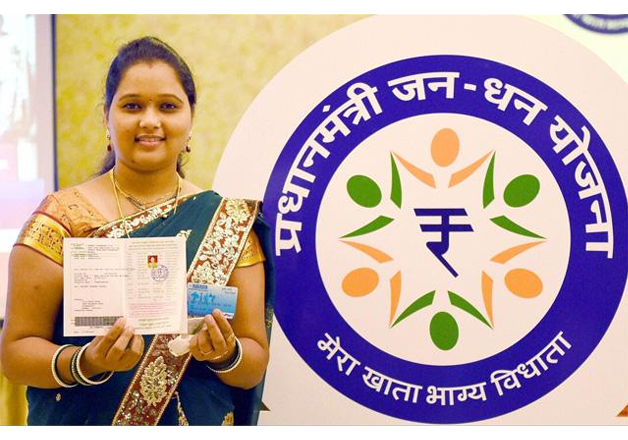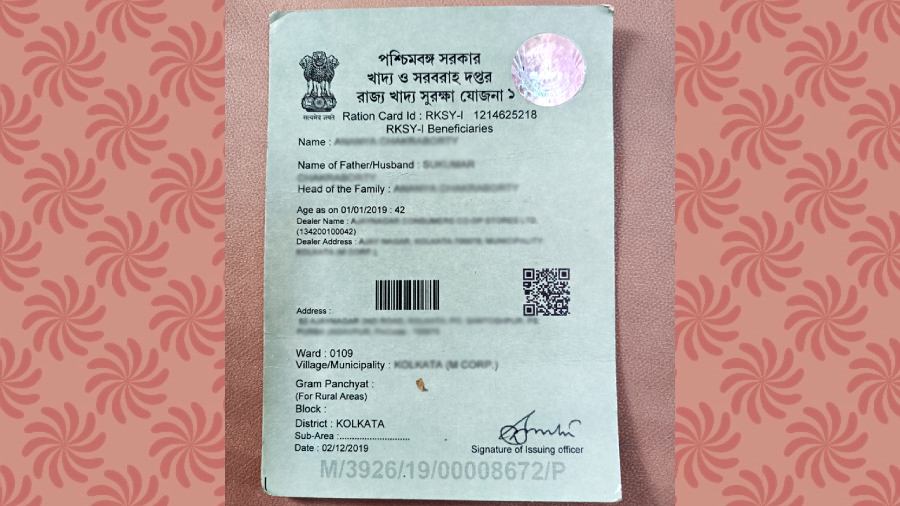
Important Financial Regulations Coming Up In March 2024
Several major changes to finance will take effect nationwide on March 1, 2024, impacting Paytm Payments Bank as well as SBI. Almost all bank clients will have to make big financial decisions, including tax repercussions as a result of the change in the financial laws.
This month’s financial adjustments mostly affect customers of FASTag, SBI credit cardholders, and Paytm Payments Bank. Additionally, this is the last month that people can choose their investments based on changes in their finances to save money on taxes. Here is a list of all the rules that will change starting in March 2024.
SBI Credit Card
The State Bank of India has said it would change how its credit cards calculate the minimum amount due (MAD) as of March 15. SBI explained the MAD calculations in an email to its clients, stating that they comprise of the following: total GST + EMI amount + 100% of fees/charges + 5% of [Finance Charge (if any) + Retail Spends and Cash Advance (if any)] + Overlimit Amount (if any).
Paytm Payments Bank
Before March 15, all Paytm Payments Bank customers are required to transfer their assets to another bank with the guidance of the Reserve Bank of India (RBI). One won’t be allowed to make deposits or credit transactions into their Paytm bank account beyond this date.
FASTag KYC
The National Highway Authority of India (NHAI) has extended the deadline for switching the KYC data on FASTag till the end of March 2024 in an attempt to speed up the process. After the deadline, the FASTag account will be considered invalid if it is not updated.
Fourth Advance Tax Installment
By March 15, all taxpayers are required to make their fourth advance tax installment. Under section 234C, the taxpayer is subject to pay severe interest on the taxes due at the rate of one per cent every month or a percentage of the month if the advance tax deadline is missed.
New GST Regulations
As per the recently implemented GST regulations, businesses that generate an annual turnover over ₹5 crore will not be permitted to issue an e-bill without additionally generating an e-invoice for every B2B transaction.



